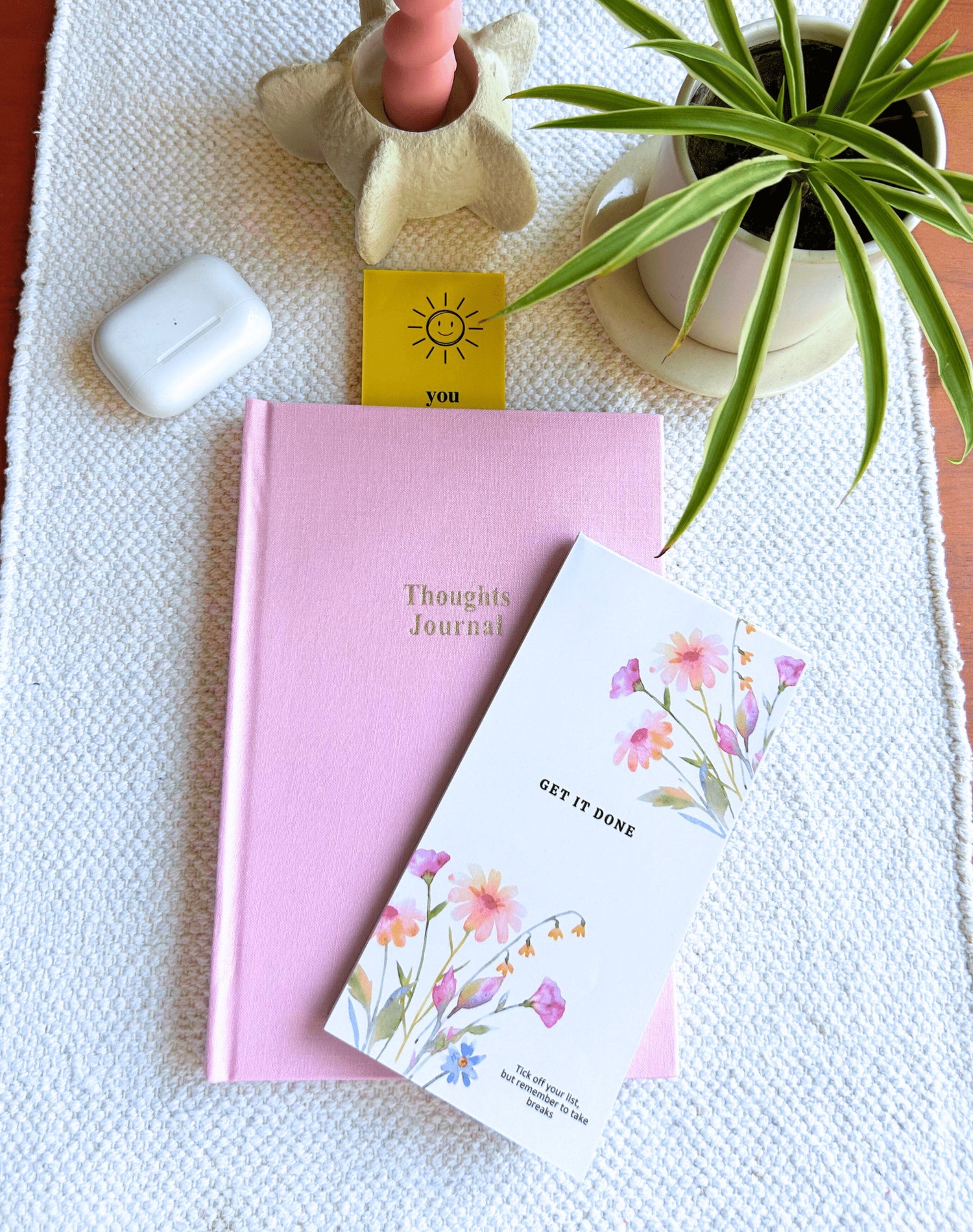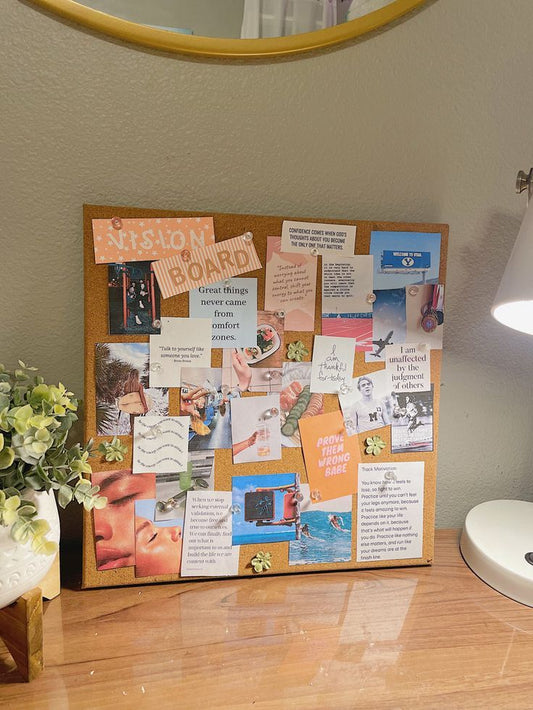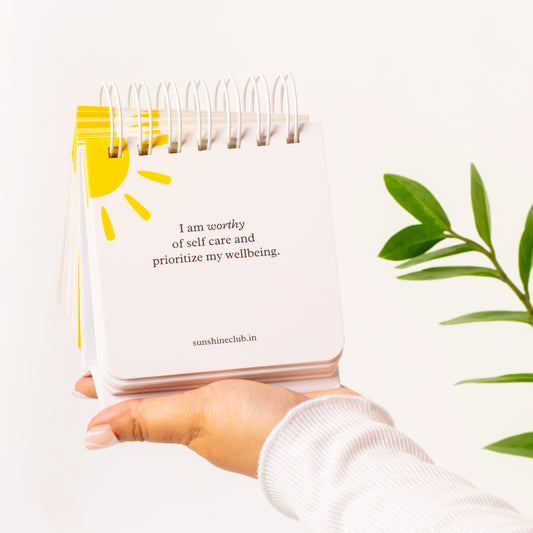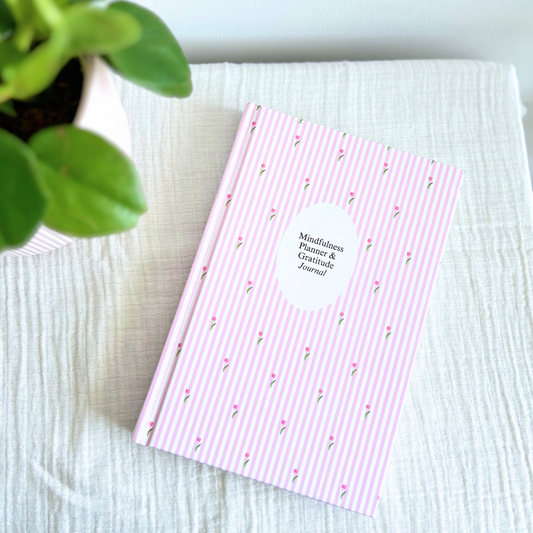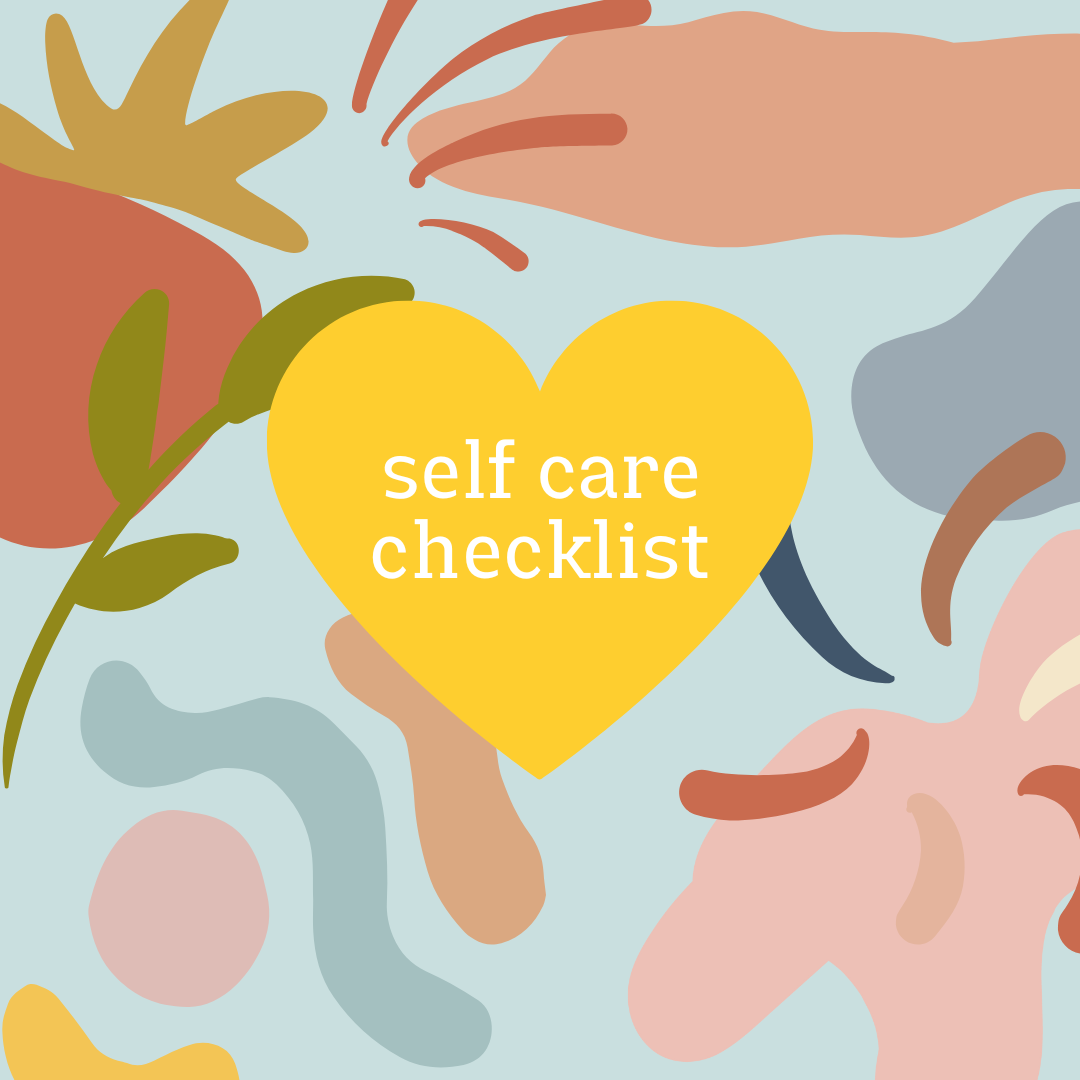
The Ultimate Guide to Building a Self-Care Routine
Share
In today’s fast-paced world, the concept of self-care is more important than ever. However, self-care isn't just about pampering yourself with a bubble bath or indulging in a spa day. It is a holistic approach to physical, mental, and emotional well-being that requires consistent effort and intentionality. Building a self-care routine can help you maintain balance, improve mental health, and foster resilience in the face of life’s challenges. This guide will walk you through the essential steps to create a sustainable self-care routine tailored to your unique needs.
1. Understand What Self-Care Means to You
Before diving into specific activities, it's essential to define what self-care means to you personally. Self-care is not one-size-fits-all, and its interpretation varies from person to person. For some, it might mean physical activities like yoga or hiking; for others, it could involve journaling, meditation, or spending time with loved ones. Reflect on what makes you feel recharged and fulfilled, and consider the various aspects of your life that may require attention—physical, emotional, mental, and social well-being.
Key questions to consider:
- What activities make me feel energized and recharged?
- What aspects of my life currently feel neglected?
- How can I incorporate activities that address these needs into my daily routine?
2. Identify Your Priorities
Once you have a clear idea of what self-care looks like for you, it’s time to prioritize. Self-care encompasses multiple dimensions of well-being, including physical, emotional, mental, and spiritual health. Think about the areas in your life that need the most attention. For example, if you’ve been feeling mentally drained, prioritizing activities like mindfulness meditation, therapy, or mental breaks during the day might be most beneficial. If physical well-being is more of a concern, you may want to focus on sleep, nutrition, and regular exercise.
Steps to prioritize:
- Reflect on your current stressors and areas of neglect.
- Choose activities that align with your current needs, but allow flexibility for change as your priorities shift over time.
- Create a balance between activities that nourish different areas of your well-being.
3. Start Small and Build Gradually
The key to building a sustainable self-care routine is to start small and gradually build it up. It’s tempting to dive headfirst into a detailed regimen with daily workouts, mindfulness practices, and meal planning, but this can often lead to burnout. Instead, focus on incorporating one or two small habits into your routine and gradually increase your self-care efforts as those habits become ingrained.
Tips for starting small:
- Choose one activity to incorporate into your routine, such as a 10-minute morning stretch or journaling before bed.
- Be realistic about the time and energy you have each day.
- Set manageable goals that can fit into your existing schedule.
4. Create a Schedule
To make self-care a consistent part of your life, it’s essential to schedule it. Life can be chaotic, and it's easy for self-care to slip through the cracks. By setting aside specific times for self-care, you ensure that you are giving yourself the attention you need. Whether it's 10 minutes a day for meditation or an hour a week for a relaxing bath, having dedicated time helps you remain accountable to your well-being.
Scheduling strategies:
- Integrate self-care into your daily or weekly planner.
- Set reminders on your phone or calendar to prompt you to take breaks or engage in self-care activities.
- Block out uninterrupted time for more extended self-care sessions, such as exercise classes or therapy appointments.
5. Listen to Your Body and Mind
Building a self-care routine isn’t about rigidly sticking to a schedule but rather about tuning into your body and mind’s needs. Some days, you might need more rest; other days, you may crave physical activity. Being flexible with your routine is essential, as it ensures that your self-care remains effective rather than becoming another task to complete. Pay attention to your energy levels, mood, and overall well-being, and adjust your self-care activities as needed.
Signs to look for:
- Feeling unusually tired or overwhelmed could signal the need for rest or relaxation.
- Heightened stress levels might indicate that you need more mindfulness or time alone.
- Boredom or stagnation could mean it’s time to try new self-care activities to reignite your passion or creativity.
6. Incorporate a Variety of Practices
A well-rounded self-care routine incorporates activities that address different areas of your well-being. While it’s important to identify your immediate needs, it’s also crucial to engage in a variety of practices to maintain overall balance. Consider activities that nurture your mental health, like mindfulness and journaling; physical health, such as exercise and proper nutrition; emotional health, including therapy or connecting with loved ones; and spiritual health, through practices like meditation or spending time in nature.
Examples of self-care activities:
- Physical: Stretching, yoga, going for a walk, drinking plenty of water.
- Mental: Reading, meditation, practicing gratitude.
- Emotional: Talking with friends or a therapist, engaging in creative activities like painting or writing.
- Spiritual: Meditation, spending time outdoors, practicing mindfulness.
7. Be Kind to Yourself
Lastly, it’s crucial to approach self-care with kindness and compassion. There will be days when you miss your workout, forget to journal, or feel too tired to meditate—and that’s okay. Self-care is about progress, not perfection. Being gentle with yourself during the process ensures that your self-care routine remains a source of joy and rejuvenation, not stress.
How to cultivate self-compassion:
- Avoid self-criticism if you miss a day or struggle to keep up with your routine.
- Celebrate small wins, such as completing a mindfulness practice or drinking enough water.
- Remind yourself that self-care is an ongoing journey, not a destination.
Conclusion
Building a self-care routine is a deeply personal and evolving process. By understanding your needs, prioritizing your well-being, starting small, and staying flexible, you can create a routine that sustains and nourishes you in the long term. Remember that self-care is not selfish—it’s essential for living a balanced, fulfilling life. Be patient with yourself as you find what works best, and enjoy the process of caring for yourself, one day at a time.
